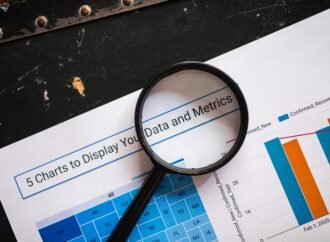Learn how data integration tools are revolutionizing the way organizations unify their data sources. Discover the benefits of a consolidated data ecosystem and why it’s a strategic advantage for modern businesses.
In today’s complex data landscape, businesses generate and collect vast amounts of information across multiple systems, applications, and platforms. However, fragmented data silos create challenges in accessing, analyzing, and leveraging data effectively. Data integration tools provide the solution—consolidating, transforming, and harmonizing disparate data sources into a single, coherent view that empowers organizations to make faster, more informed decisions.
The Power of Modern Data Integration
Breaking Down Data Silos
Many businesses struggle with data scattered across on-premises databases, cloud storage, CRM systems, IoT devices, and third-party applications. Without integration, valuable insights remain trapped in isolated systems. Data integration tools unify these sources, enabling seamless data sharing, accessibility, and collaboration across teams.
Seamless Combination of Structured & Unstructured Data
Modern integration solutions—such as Azure Data Factory, Informatica, and Talend—allow organizations to merge structured data (e.g., SQL databases, spreadsheets) with unstructured data (e.g., social media feeds, IoT sensor data, log files). This holistic data approach enhances analytics and drives deeper insights.
Improved Data Quality & Accuracy
Raw data often contains duplicates, inconsistencies, and errors that can skew analysis and impact decision-making. Advanced data integration solutions provide built-in data cleansing, validation, and transformation capabilities, ensuring that businesses work with accurate, consistent, and high-quality data.
Accelerated Insight Generation
A well-integrated data ecosystem enables organizations to access real-time, consolidated insights without the need for manual data extraction and reconciliation. This efficiency drives faster reporting, predictive analytics, and AI-driven decision-making, giving businesses a competitive edge in dynamic markets.
A Single Source of Truth for Better Decision-Making
By consolidating multiple data streams into a centralized data repository, businesses create a single source of truth that supports:
- Reliable business intelligence and analytics
- More effective forecasting and strategic planning
- Better regulatory compliance and governance
- Optimized operational efficiency across departments
Data Integration: A Strategic Imperative
In today’s fast-paced digital economy, unifying your data ecosystem is not just a technical requirement—it’s a business necessity. Organizations that embrace robust data integration solutions gain the ability to unlock deeper insights, enhance agility, and drive data-driven innovation.






















